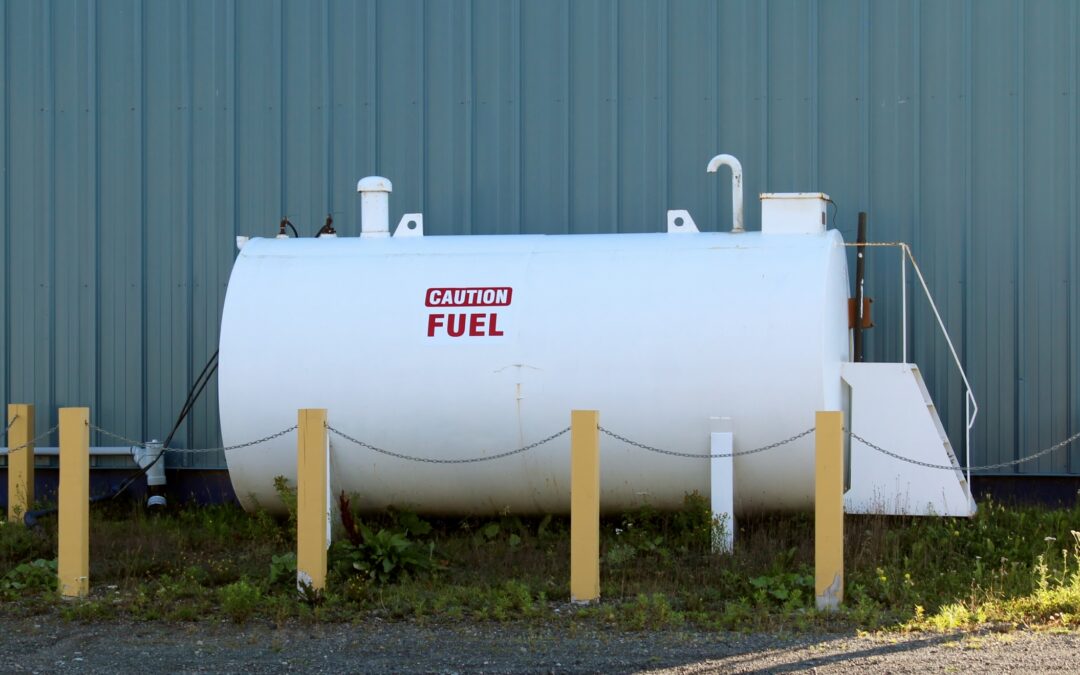Biofuels offer an environmentally friendly alternative to traditional fossil fuels; however, the safety considerations associated with their use must be acknowledged. As the demand for biofuels increases, understanding how to handle and store them safely is crucial.
Discussion Points:
- Health risks,
- Fire and explosion hazards,
- Environmental impacts, and
- Regulatory compliance.
Discussion:
Biofuels, including ethanol and biodiesel, are becoming increasingly popular as an alternative to traditional fuels due to their environmental benefits and potential to reduce greenhouse gas emissions.
Biofuels are produced from various plant materials, collectively known as biomass. This can include grains, corn, sugarcane, molasses, grass clippings, vegetable oils, and waste greases. Biofuels are highly flammable and can ignite or trigger potentially dangerous chemical reactions if not stored and handled properly. Their vapors can travel significant distances and may accumulate in low-lying areas. If spilled into waterways or near them, biofuels can lead to severe groundwater pollution. It is essential to prioritize biofuel safety to ensure that their production, transportation, and use do not pose risks to human health or the environment.
Adhering to safety regulations and protocols is essential to prevent accidents and ensure the safety of workers and the surrounding community. Employees who work with biofuels must be aware of potential hazards and follow safety protocols to minimize risks:
- When working with biofuels, wear appropriate personal protective equipment (PPE), such as goggles, gloves, and flame-resistant clothing, to protect against skin contact, splashes, and fumes.
- Ensure that work areas are well-ventilated to minimize the risk of exposure to these vapors.
- Maintain fire extinguishers and other firefighting equipment readily available in areas where biofuels are stored or used.
- Always follow the manufacturer’s guidelines to ensure safe and efficient operation of biofuels in vehicles and machinery.
- Regularly inspect equipment and storage tanks for leaks, damage, or signs of wear that could lead to spills or accidents.
- Label all containers and tanks. Never transport fuel in an unmarked container.
- Address any issues promptly to prevent potential safety hazards.
- Establish clear emergency response procedures in case of accidents, spills, or fires involving biofuels.
- Respond quickly and effectively in an emergency.
- Comply with federal, state, and local regulations and standards.
While biofuels offer significant environmental benefits, they must be handled carefully to prevent accidents and protect the well-being of employees and the surrounding community. Safety should always be a top priority when working with fuel, including biofuels.
As always, stay safe out there!


Recent Comments